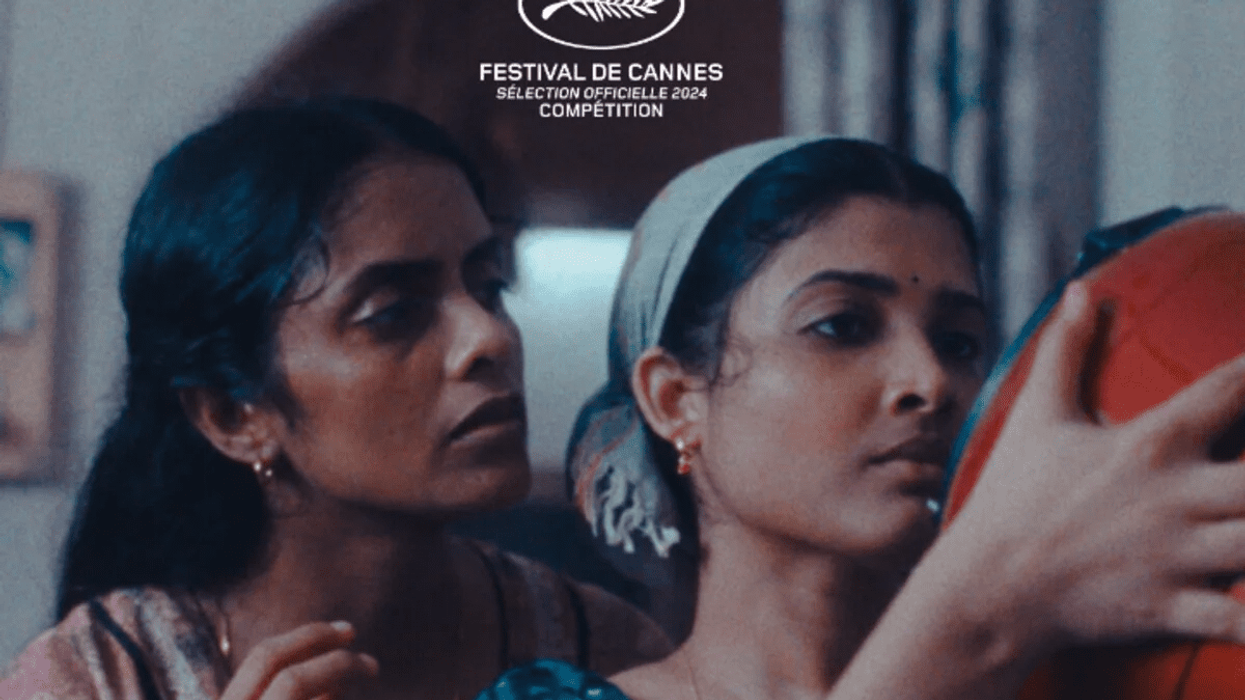One of the final few main Competition titles to premiere at the 77th Cannes Film Festival, Payal Kapadia’s All We Imagine as Light has instantly emerged as a frontrunner for the Palme d’Or.
No Indian female director has ever competed for Cannes’ top prize nor has any filmmaker from the country bagged the coveted award.
Universally applauded by critics at the festival due to end later today, the spellbinding, magnificently crafted drama about three women finding their way into and out of Mumbai, a city with which they have very tenuous relationships, has put India on the threshold of history.
Kapadia, flanked by her four principal actors, Kani Kusruti, Divya Prabha, Hridhu Haroon, and Chhaya Kadam, cinematographer Ranabir Das and producers Thomas Hakim of Petit Chaos and Zico Maitra of Chalk and Cheese, addressed critics at the festival’s press conference hall on Friday morning.
Critics have heaped unstinted press on the film. BBC described All We Imagine as Light as “universal and emotional enough to hypnotise anyone who has been alone in a city or been spellbound by a film on the subject.”
“Just two films into her young career, Kapadia has established her rare talent for finding passages of exquisite poetry within the banal blank verse of everyday India life,” wrote Variety’s Jessica Kiang.
Peter Bradshaw of The Guardian wrote: “Kapadia’s storytelling has something of Satyajit Ray’s 'The Big City' (Mahanagar) and 'Days and Nights in the Forest' (Aranyer Din Ratri), it is so fluent and absorbing.”
But truth be told, All We Imagine as Light is a true-blue original, a remarkably individualistic film that has sprung from the mind – and heart – of a writer-director who astutely and spontaneously blends her innate humanism with a phenomenal grasp of control over craft.
“The title is also about hope," Kapadia said at the press meet. "When things are looking a bit bleak sometimes and you don’t know whether there is a way out, you imagine that there might be a light somewhere down the line.”
But All We Imagine as Light isn’t the kind of film that holds out false hope even as it celebrates the tenacity of the characters. “When the characters are stuck in darkness, they cannot imagine light, they cannot see the possibility,” she said.
But just as much as All We Imagine as Light focuses on the rains, nights, and traffic of Mumbai it also embraces the serenity and melancholy of the seaside village to which the three women travel.
It is a film of contrasting colours, tones, and moods enmeshed with each other in stunning harmony.
No wonder All We Imagine as Light is now within striking distance of a Palme d’Or – and history.




